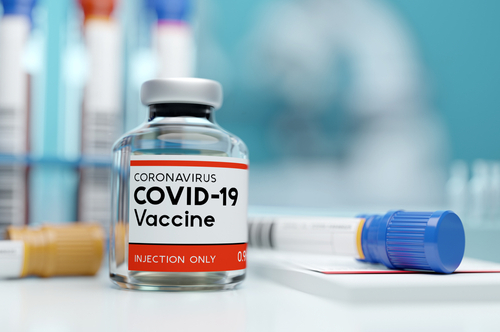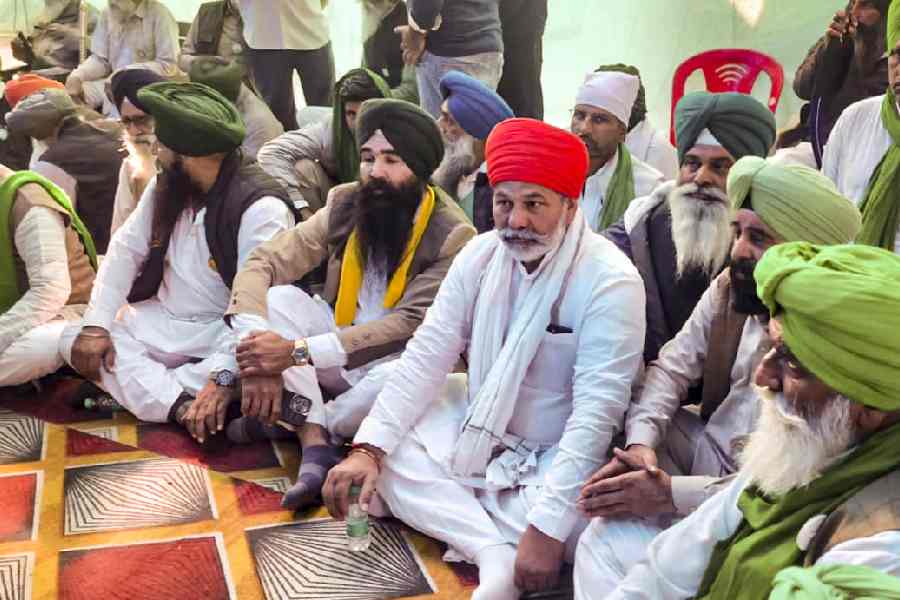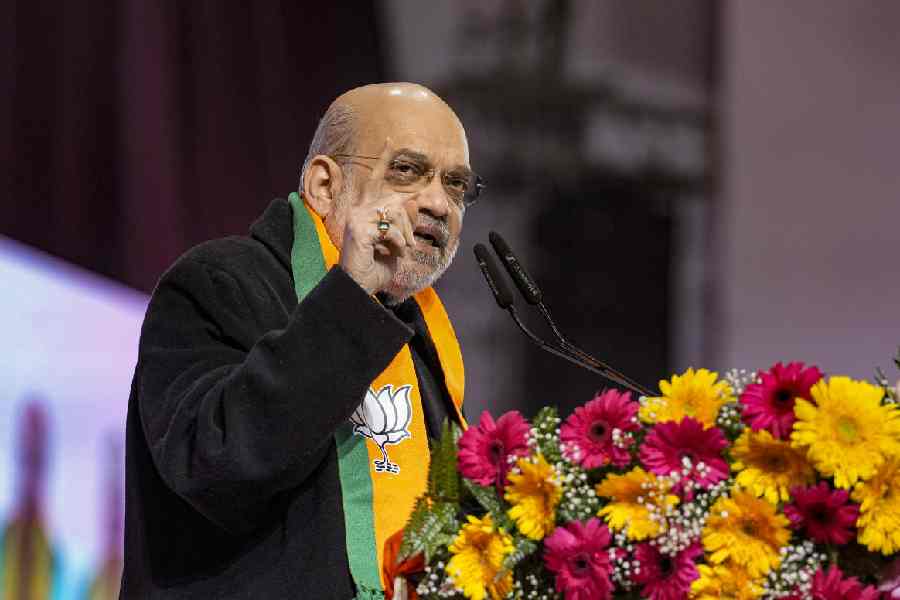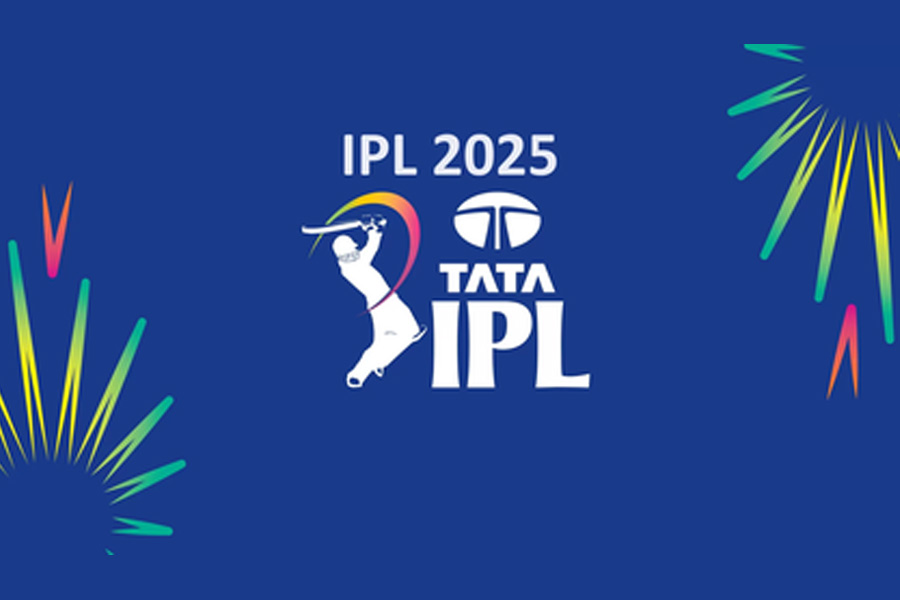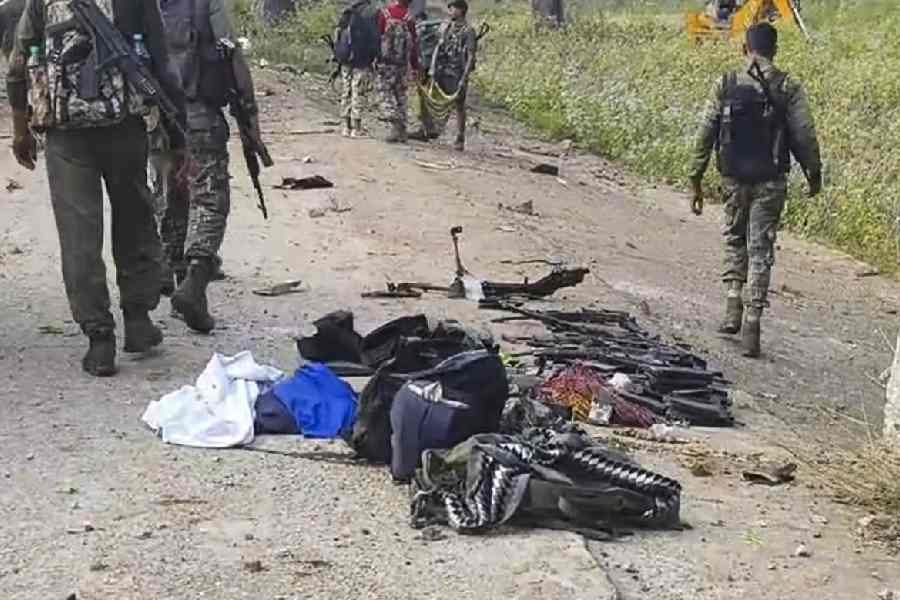India’s health research agency has asked doctors in 12 hospitals to “fast-track” clinical trials on a candidate vaccine against Covid-19 with the “target” of making it available for public use by August 15.
Thursday’s letter from the Indian Council of Medical Research (ICMR) director-general Balram Bhargava has flabbergasted some doctors and researchers, who say it’s unrealistic to set a six-week deadline for a candidate vaccine whose safety and efficacy trials have not even started.
Some medical and vaccine researchers view the content and tone of the letter —which a scientist described as “astounding” — as an attempt to steer research into a political agenda.
Bhargava’s letter came two days after Bharat Biotech, a Hyderabad-based vaccine maker working with the ICMR on the candidate vaccine, announced that it expected the results of the earliest safety and efficacy trials only by October.
But Bhargava, in his letter to doctors who will serve as the principal investigators of the trials in 12 hospitals across 11 states, said: “It is envisaged to launch the vaccine for public health use by 15th August 2020 latest after completion of all clinical trials.”
During the trials, 1,125 healthy volunteers will receive the candidate vaccine — which contains a killed strain of SARS-CoV-2 —the virus that causes the coronavirus disease, isolated from an asymptomatic patient by the ICMR’s National Institute of Virology, Pune.
The trial hospitals are in Belgaum, Bhubaneswar, Chengalpattu, Goa, Gorakhpur, Hyderabad, Kanpur, Nagpur, New Delhi, Patna, Rohtak, and Visakhapatnam.
The Bharat Biotech candidate is among two approved by the country’s drug regulatory agency for clinical trials. The other candidate is from Zydus Cadila and contains a gene construct intended to generate an immune response against a specific SARS-CoV-2 protein.
“In view of the public health emergency due to the Covid-19 pandemic and urgency to launch the vaccine, you are strictly advised to fast-track all approvals related to the initiation of the clinical trial and ensure that the subject enrolment is initiated no later than July 7,” Bhargava wrote.
He said the vaccine was “a top priority project monitored at the topmost level of the government” and that while Bharat Biotech was “working expeditiously” to meet the target, “the final outcome will depend on cooperation of all clinical trial sites”.
“Kindly note that non-compliance will be viewed very seriously. Therefore you are advised to treat this project on the highest priority and meet the given timelines without any lapse,” the letter said.
One of the trial’s principal investigators at a central government medical college and hospital said an August launch was impossible.
“Even October is an over-optimistic view,” the physician told The Telegraph.
A senior virologist who has tracked other vaccine development efforts for over two decades said that even the planned safety and efficacy trials would not be over by mid-August.
The trial involves administering two doses of the vaccine – the second dose 14 days after the first one.
“Even if all 1,125 have received the first dose on July 7, they would receive the second dose only on July 21,” said the virologist who works in a government academic institution.
“After that, they would need to be followed up for at least three to four weeks to establish safety and to determine whether they generate an adequate immune response.”
Senior ICMR officials did not respond to calls from this newspaper seeking clarifications about how the ICMR expected the vaccine to be ready for launch by August 15.
The August 15 target set by Bhargava has stirred speculation in medical circles whether the ICMR had sent the letter under pressure from the government.
“The political masters are entitled to make demands that they want results by August 15, but the ICMR should convey what is realistically possible. Given the urgency, even an announcement of human trials having started is an advance,” the virologist said.
Some researchers have also raised questions of ethics.
“The letter’s content is astounding,” Anant Bhan, a biomedical ethics specialist and adjunct faculty at the Yenepoya University, Mangalore, said.
“It carries a threat for any non-compliance. This puts pressure on institutional ethics committees that are supposed to approve trials.”
Everyone understands the need for urgency -– but this isn’t the way to do things, Bhan said.
India on Friday recorded 20,903 new Covid-19 cases, a new single-day high, raising the number of confirmed cases to 625,544, of whom 227,439 patients are under medical supervision, 379,892 have recovered, and 18,213 have died.

